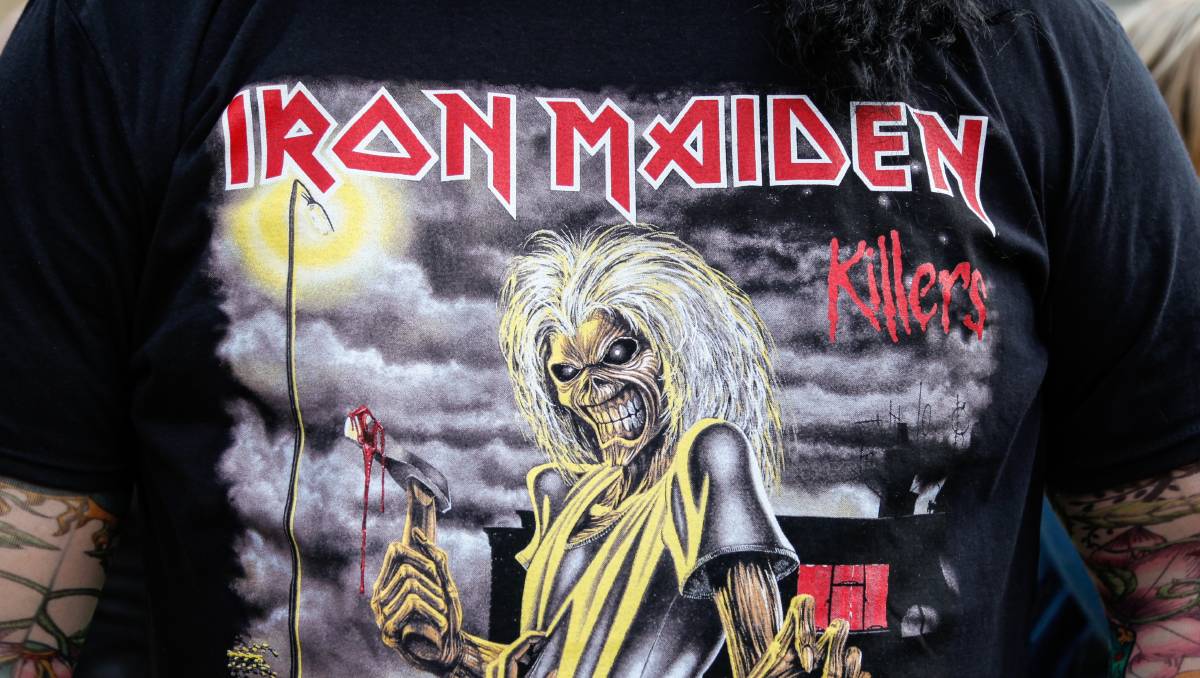
Since 1768, a small group of people had a very prestigious job. They held a university degree – sometimes plural – and were regarded as the wisest in the land. Parents were filled with pride when they told their friends that one of their children had this particular job.
As with so many careers that change over time, this role in this format has all but vanished, replaced by a technical solution that would have been nigh on impossible to predict in 1768.
The last print edition of the Encyclopdia Britannica was published in 2010 and it spanned 32 volumes and 32,640 pages. Employed to produce that last volume were 100 full-time editors in addition to the 4,000 freelance contributors – all considered experts in their field.
Although you can still access Britannica online, ask kids at school today what site they commonly use for school projects, and they will overwhelmingly tell you Wikipedia. For a site to replace such an authoritative tome as Britannica, it must surely be a well-researched and more authoritative publication than the one it replaced with more information and facts and…but no.
Forget employing 100 full-time editors who progress through University and apply for a job and collect a wage. Who edits Wikipedia? Literally anyone can be an editor. And the wage? Zero!
The process is relatively simple. Create a Wikipedia account, familiarise yourself with some policies, click on the Edit button and away you go! That is it! No checking of qualifications. No ensuring you aren’t heavily biased in some particular fashion.
It is that easy to become a Wikipedian, as editors of Wikipedia are known. Over 35 million people are registered to edit articles on the English-language version alone with over 300,000 having made more than 10 edits. 150,000 in the last month!
It seems like a disaster in the making – but it works. Sure, there are some issues from time to time and they often end up in ‘edit wars.’ One of the great strengths of Wikipedia is that, unlike the old print versions of Encyclopdia Britannica, when changes occur or mistakes are noted, they can be changed immediately rather than waiting until the next edition is printed – sometimes years away.
Its greatest strength is also its greatest weakness – that it can be edited instantly by anyone.
Take, for example, the spelling of the product that soft drink cans are made from. Is it Aluminium or Aluminum? This page has seen 6000 edits so far.
Tropical Storm Zeta formed on 30 December and dissipated on 7 January 2006. Was it the last storm of 2005 or the first for 2006? 3500 edits have brought no definitive conclusion.
Is ‘Iron Maiden’ better known as a heavy metal band or a German torture device from the Middle Ages? This one is up to 10,000 edits.
It is even trickier when it comes to political issues. In Hong Kong do we have protesters or rioters? We should check that on Wikipedia. Well, it depends exactly when you check it. With 65 changes of the terminology in a single day, it was hard for the Wikipedians to agree.
As much as some may disregard the quality of Wikipedia and not agree that the masses will ultimately deliver well-researched material, consider an entry in the first edition of Encyclopdia Britannica. The entry for California stated that it “is uncertain whether it be a peninsula or an island”.
For the researchers in Scotland responsible for the first edition, it was the result of the best research possible at the time.
Tell me what resources you use for research at ask@techtalk.digital.
- Mathew Dickerson is the founder of regional tech and communications company Axxis Technology.
